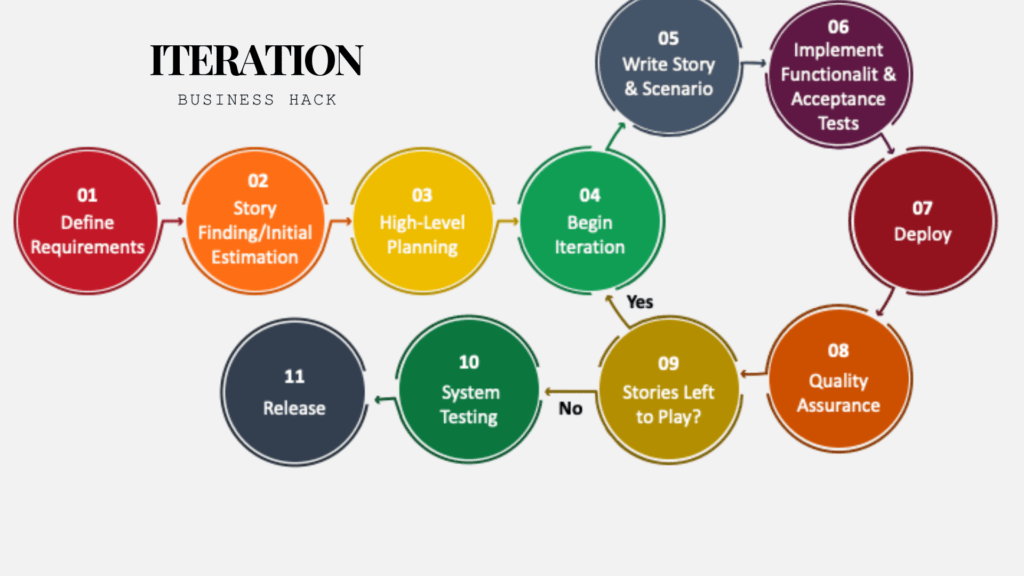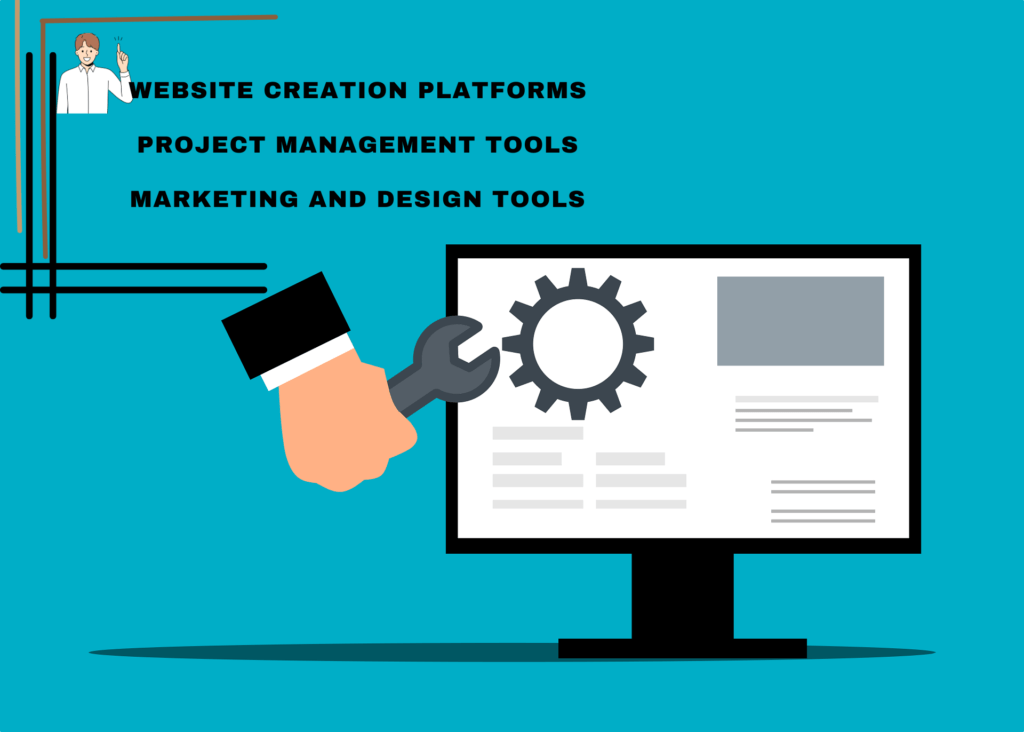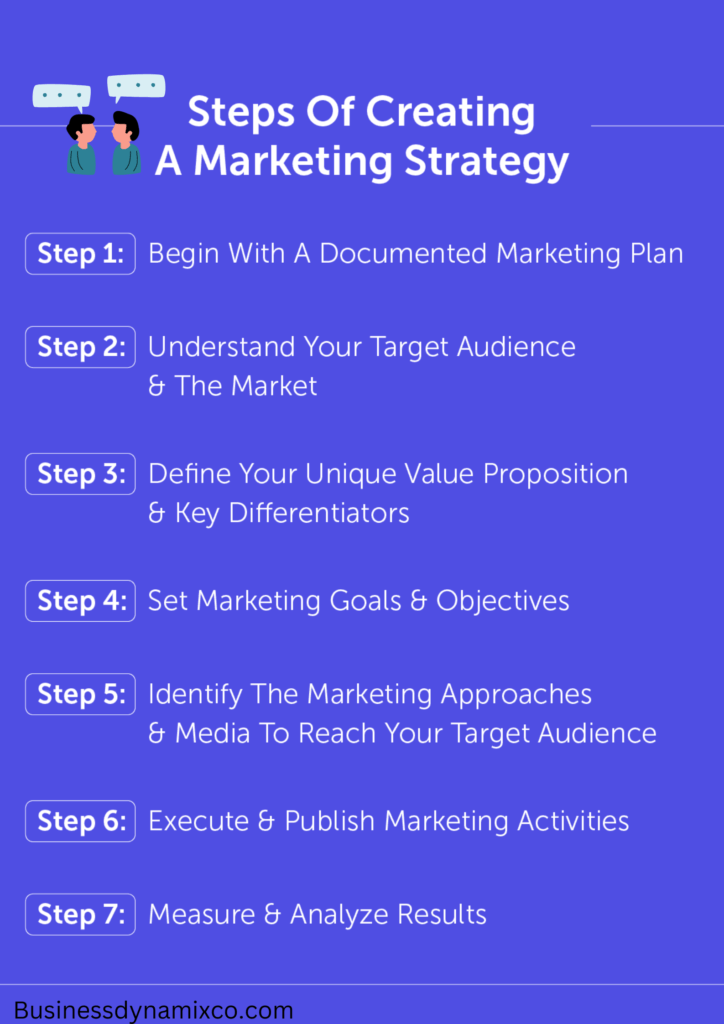Starting a business involves two main challenges: finding a idea and securing funding. However, having a great business idea without startup capital doesn’t mean your entrepreneurial journey must end. There are numerous ways to launch a business with little to no money.
This guide will show you how to bootstrap your business on a small budget, with the goal of generating income that you can reinvest. From validating your concept to making your first sale, here’s how to start a business with no money.
Owning a business offers numerous benefits, including unlimited income potential, flexibility, personal satisfaction, and creative freedom. If you dream of being a business owner but are hesitant due to financial constraints, it’s important to know that starting a business without money is possible.
Interested? Read on to discover how.
Starting a Business With No Money While all businesses require some investment, lack of funds shouldn’t deter you. With a solid plan and the ability to navigate potential obstacles, you can still pursue your entrepreneurial ambitions.
How To Start a Business With No Money
If you’re exploring the idea of entrepreneurship or would like to launch a business with no money, these tips can set you up for success.
Know Your Passions and Skills:
It plays an Important role in building your career cause knowing your passion and skills helps as a pillar for your growth . To do that ,
Identify Your Niche: The foundation of any successful business lies in a strong idea. Look within! What are you passionate about? Do you enjoy cooking, writing, graphic design, or something entirely different? Your passions are a wellspring of creativity and fuel your drive to succeed.
Identifying Market Needs: Once you’ve identified your passions, explore the market. Are there unmet needs or pain points you can address with your skills and knowledge? For example, if you’re passionate about fitness and knowledgeable about healthy eating, you could create personalized meal plans for busy professionals.
Capitalize on Emerging Trends: Stay informed about current trends and consumer behavior. Can you leverage new technologies or niche interests to create a unique offering? For instance, the growing interest in sustainable living could inspire you to create an online store for eco-friendly home goods.
Startup plans:
Focus on the MVP: The days of pre-launch investments and intricate business plans are long gone. Building a minimum viable product (MVP), or rudimentary version of your product or service with essential features, is emphasized by the lean startup technique. This enables you to rapidly get it into the hands of actual customers and obtain insightful feedback.
Validation is Key: With your MVP in hand, focus on validating your idea with real customers. This might involve offering a free trial, conducting surveys, or gathering user testimonials. Use the feedback to refine your offering and ensure it truly solves a problem for your target audience.
The lean startup methodology is all about continuous iteration.
But What is Iteration ?

In business, iterative means repeating a process with the goal of improvement and refinement. This approach is commonly used in product development, problem-solving, and decision-making, allowing for continual adjustment and adaptation based on feedback and results.
Based on customer feedback, you can improve your product or service, adding new features or functionalities as needed. This ensures you’re building something people truly want and are willing to pay for.
The Power of Free and Low-Cost Tools:

Website Creation Platforms: the days of needing a professional web developer to create a website is gone . Platforms like Wix, Squarespace, and WordPress offer user-friendly website builders with free or affordable plans. These platforms come with pre-designed templates and drag-and-drop functionality, allowing you to create a professional-looking website even with limited technical knowledge.
Project Management Tools: Staying organized and managing tasks efficiently is crucial, especially if you’re working with a remote team. Free project management tools like Trello and Asana help you create to-do lists, assign tasks, track progress, and collaborate with team members seamlessly.
Marketing and Design Tools: You don’t need expensive design software to create professional-looking marketing materials. Free design tools like Canva offer a wide templates, icons, and graphics to create social media posts, infographics, and presentations. Similarly, Mailchimp provides a user-friendly platform for email marketing, allowing you to create and send targeted email campaigns to your audience.
Content is King (and Queen):

Become a Content Machine: High-quality content informs, entertains, and establishes you as an authority in your niche. Create blog posts, infographics, videos, and social media content that resonates with your target audience. For example, if you offer dog walking services, you could create blog posts on dog training tips, common dog walking mistakes, or the benefits of regular exercise for canine companions.
SEO: Search Engine Optimization (SEO) helps your website rank higher in search results, leading to more organic traffic. Target relevant keywords throughout your content and optimize titles, meta descriptions, and headings for search engines. There are many free SEO tools available online to help you with keyword research and website optimization.
Social Media: Social media platforms like Facebook, Instagram, and LinkedIn are powerful tools for connecting with your audience, promoting your content, and building brand awareness. Share your content on social media, engage in discussions with your followers, and participate in relevant online communities.
Free and Budget-Friendly Marketing Strategies:
In 2025, creativity reigns supreme when it comes to marketing on a shoestring budget. Here are some effective strategies to consider:

Networking Like a Pro: Attend industry events, conferences, and workshops related to your niche. Connect with influencers, potential collaborators, and
Connect with Influencers: Identify key influencers in your niche and explore collaboration opportunities. This could involve offering them free products or services in exchange for a review or social media promotion. Micro-influencers (those with a smaller but highly engaged following) can be particularly valuable partners, as they often have strong relationships with their audience.
Community Building Magic: Foster a community around your brand on social media or online forums. Create a space where your target audience feels welcome to ask questions, share experiences, and engage with each other. Respond to comments and messages promptly, answer questions thoughtfully, and provide valuable insights. This builds trust and loyalty, turning casual followers into brand advocates.
Public Speaking Power: Public speaking opportunities can significantly boost your visibility and establish you as an expert in your field. Consider speaking at industry events, workshops, or even online webinars. This allows you to showcase your knowledge, connect with potential customers, and promote your business in a non-intrusive way.
The Power of Free PR: Craft compelling press releases that highlight your brand’s unique selling proposition and any recent achievements. Reach out to journalists and bloggers relevant to your niche and pitch them story ideas related to your expertise. Securing positive media coverage can significantly increase brand awareness without a large advertising budget.
Alternative Funding Options:
While bootstrapping keeps costs low, some situations might require additional funding to fuel your business growth. Here are some unconventional funding options to consider in 2025:
Crowdfunding Platforms: Platforms like Kickstarter or Indiegogo allow you to crowdfund your business idea from the general public. This involves creating a campaign that outlines your product or service, funding goals, and potential rewards for backers. If your idea resonates with the crowd and you reach your funding target, you can gain valuable capital and early customer validation.
Freelancing or Consulting: If you have specific skills or expertise, consider using them to generate additional income for your business venture. Freelance platforms like Upwork or Fiverr connect businesses with freelance professionals. Consulting on a project basis with established companies in your field can also be a lucrative option.
Barter and Collaborations: Explore opportunities to barter services or collaborate with other businesses. For example, if you offer web design services, you could barter your services for marketing assistance from another entrepreneur. Strategic collaborations can help you access resources or expertise you might lack, all while keeping costs minimal.
The Importance of Continuous Learning:
The business landscape is constantly evolving. Staying ahead of the curve by continuously learning and refining your approach is crucial for long-term success. Here are some tips for staying informed and improving your business acumen:
Industry Blogs and Podcasts: Subscribe to industry blogs, podcasts, and online communities relevant to your niche. These resources offer valuable insights, industry news, and the latest trends, allowing you to stay informed and adapt your strategies as needed.
Free Online Courses: Take advantage of the wealth of free online courses offered by platforms like Coursera or edX. These courses cover a wide range of business topics, from marketing and finance to leadership and communication skills. Upskilling yourself and your team ensures you have the knowledge and expertise to navigate the ever-changing business environment.
Mentorship and Networking: Seek guidance from experienced entrepreneurs or mentors who can offer valuable insights and support. Mentorship programs or industry networking events can connect you with individuals who have walked a similar path and can provide invaluable advice.
Be Patient, Persistent, and Adaptable
Building a successful business takes time, dedication, and resilience. Be patient with yourself and your business. Track your progress through website analytics, social media engagement metrics, and customer feedback. Analyze results, identify areas for improvement, and be prepared to adapt your strategies as needed. Learn from setbacks, celebrate your victories, and never lose sight of your passion. Remember, the journey of building a successful business is often filled with twists and turns, but with perseverance and a strategic approach, even a bootstrapped startup can turn into a thriving venture. All the Best !

Founder of Businessdynamixco.com and top3s.businessdynamixco.com.
Website Builder, Growth Hacker, always get Excited in writing Articles with my little Experience !






